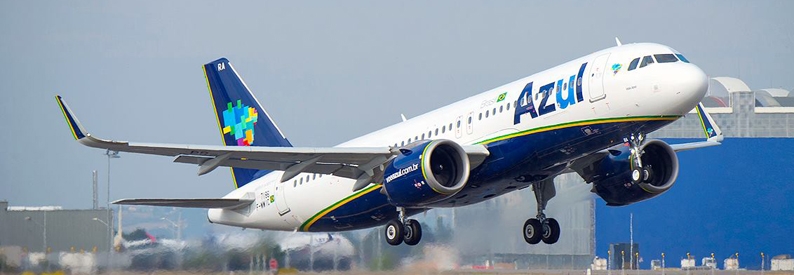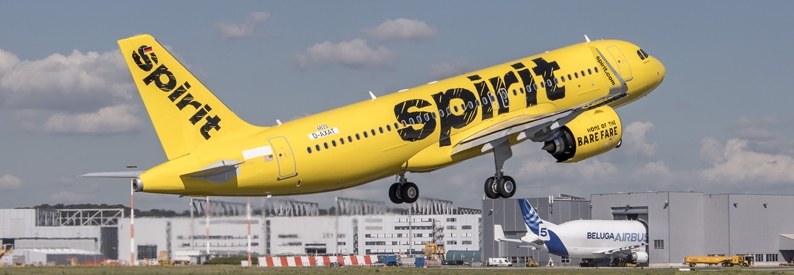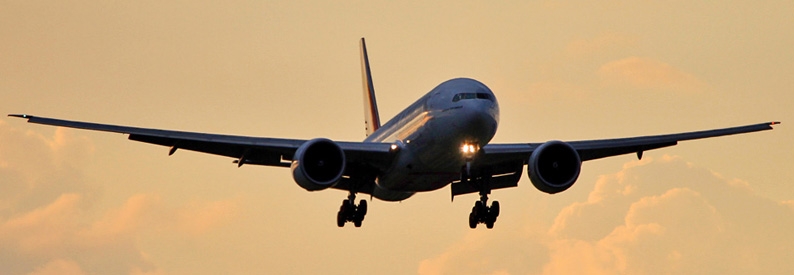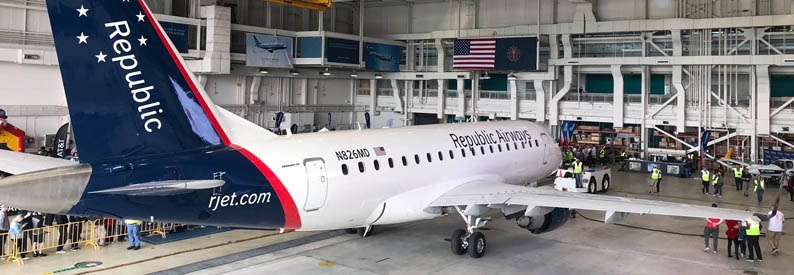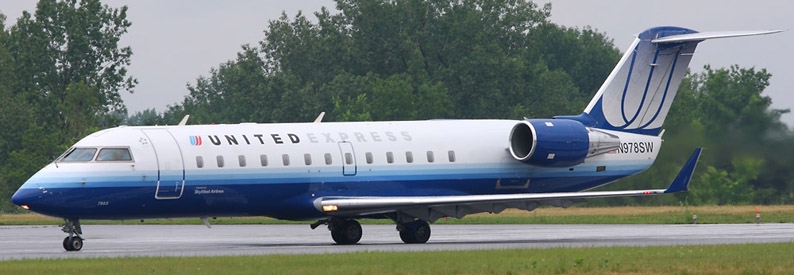The stand-off between Washington and Beijing over Covid-19-related flight restrictions continues with the United States (US) government suspending with immediate effect 26 US to China passenger flights by four Chinese carriers in retaliation for a similar measure imposed recently by the Chinese government against major US airlines.
China's action, by which it penalises US carriers when passengers test positive for COVID-19 on arrival under a so-called "circuit-breaker" measure, has long been criticised by the US as being inconsistent with the US-China Civil Air Transport Agreement and impairing the operating rights of US carriers.
Chinese airlines affected by the latest US measure are Air China, China Eastern Airlines, China Southern Airlines, and Xiamen Airlines, according to an order issued by the US Department of Transportation (DOT) on August 25, 2022.
Flights affected are as follows:
- Air China's Shenzhen (CA770) service departing Los Angeles International on September 6, 13, 20, and 27, 2022;
- Air China's Beijing Capital (CA988) service departing Los Angeles on September 18 and 25, 2022;
- China Eastern Airlines' Shanghai Pudong (MU588) service departing New York JFK on September 7, 12, 14, 19, 21, 26, and 28, 2022;
- China Southern Airlines' Guangzhou (CZ328) service departing Los Angeles on September 10, 12, 17, 19, 24, and 26, 2022;
- Xiamen Airlines' Xiamen (MF830) service departing Los Angeles on September 5, 8, 12, 15, 19, 22, and 26, 2022.
Should any of these flights also be suspended by the CAAC, the DOT will select alternative options.
Washington's latest reaction follows the effective suspension of 26 scheduled passenger flights of US carriers this month after China, on August 7, 2022, unilaterally mandated that:
- one flight be suspended if 4% of passengers test positive for COVID-19 on arrival in China;
- two flights be suspended if 8% of passengers test positive.
Before that, US carriers were penalised if five to nine passengers on a flight tested positive for COVID-19 after arriving in China. Airlines then had to either:
- suspend the affected flight for two weeks starting four weeks after passengers tested positive; or
- impose a four-week 40% passenger load factor limit on the affected flight starting four weeks after the positive tests.
The tit-for-tat COVID-19 politics between Beijing and Washington have been ongoing since March 26, 2020, when China unilaterally banned all US inbound scheduled passenger flights, resulting in a similar reaction by the US on June 1, 2020.
Since then, China has permitted a limited number of weekly round-trips by United Airlines, Delta Air Lines, and American Airlines, but has repeatedly penalised US carriers using the "circuit-breaker" tool.
The US government believed the measure placed undue blame on US carriers concerning travellers who, despite having presented negative test results before boarding their flight in the US, tested positive for COVID-19 after they arrived in China. "The Chinese government individually clears each and every potential passenger for travel to China prior to their departure from the US after verifying pre-departure test results and other required documentation. US carriers, who are following all relevant Chinese regulations with respect to pre-departure and in-flight protocols, should not be penalised if passengers test positive for COVID-19 post-arrival in China," it stated.
Justifying its latest reaction to China, the DOT said: "Our overriding goal is not the perpetuation of this situation, but rather an improved environment wherein the carriers of both parties will be able to exercise their bilateral rights fully. Only then will the department's actions to maintain a competitive balance and fair and equal opportunity among US and Chinese air carriers in the scheduled passenger service marketplace no longer be necessary. The most recent CAAC action has not created that environment. However, should the CAAC adjust its policies to bring about the necessarily improved situation for US carriers, the department is fully prepared to once again revisit the action. Should the situation worsen or should CAAC impose further circuit-breaker measures, we reserve the right to take additional action as we deem appropriate in the circumstances presented," it cautioned.
In response to the US government's measures, Liu Pengyu, a spokesman for the Chinese Embassy in New York, said, "It is extremely irresponsible for the US to suspend passenger flights of Chinese carriers without reason. China's circuit breaker is fair and transparent, and is applied to both Chinese and foreign airlines; it does not violate the [US-China] air transportation agreement. Since the outbreak of the new coronavirus, the United States has repeatedly taken 'retaliatory measures' against Chinese airlines."
- Type
- Base
- Aircraft
- Destinations
- Routes
- Daily Flights


